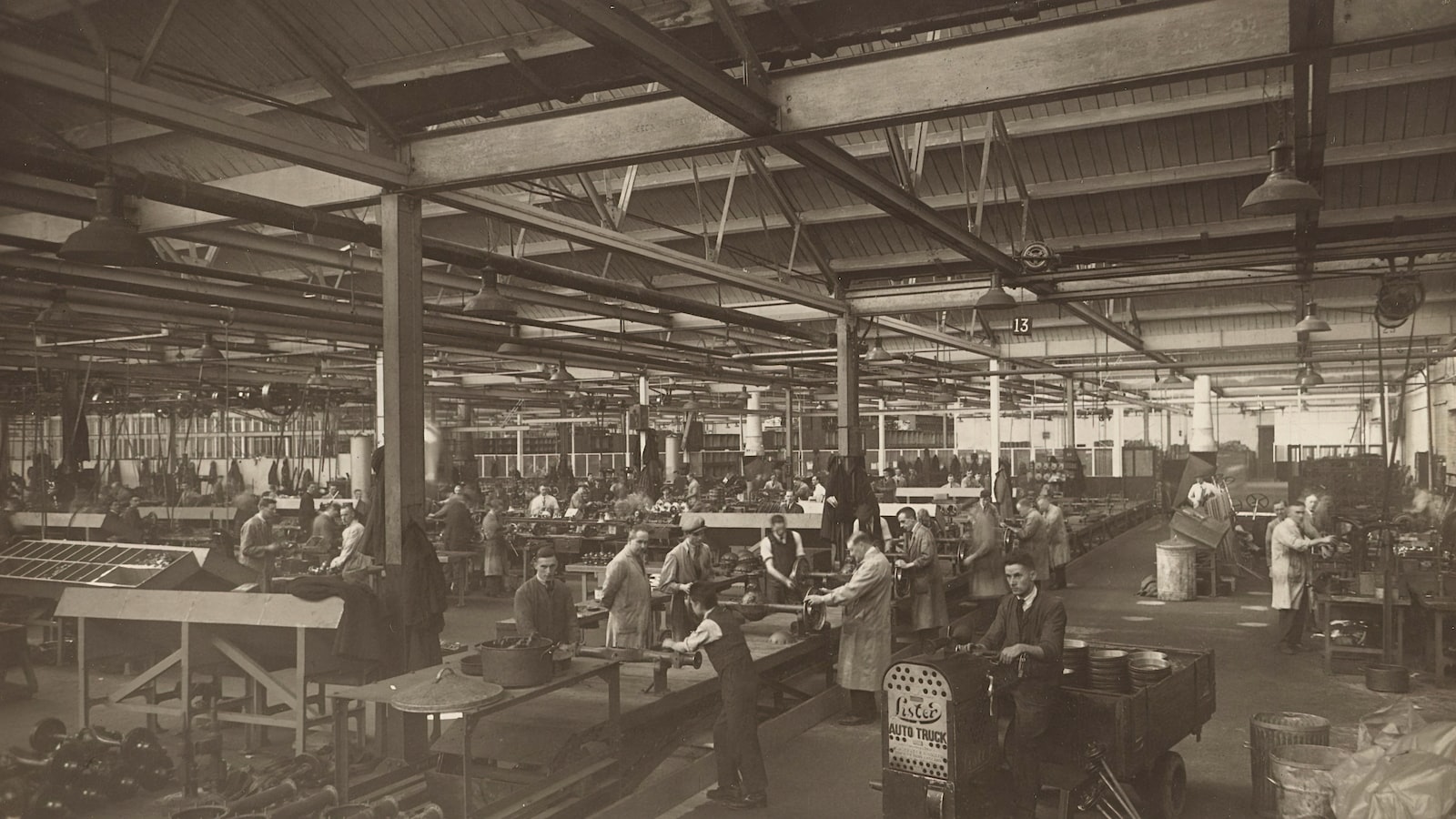
The global shortage of semiconductor chips continues to disrupt the automotive production sector. This supply chain disruption is due to a number of factors, including increased demand for consumer products, factory capacity limitations, severe weather, and supply chain disruptions. As a result, manufacturers are experiencing delays in production and even temporary plant shutdowns.
The shortage of semiconductor chips is estimated to cost the automotive industry alone an estimated $61 billion in lost production this year. This impact is likely to continue in 2021, as the shortage is expected to persist for some time. As the demand for semiconductor chips is driven by the need for consumer products, the Covid-19 pandemic has exacerbated the situation and contributed to the shortages.
The automotive industry is particularly affected by the semiconductor chip shortage, as it is estimated that an average car needs around 8,000 chips in its electronics. As the global chip shortage continues to rise, automotive companies are diverting chip supply from other areas, such as gaming consoles, to take advantage of the available supply. This practice, however, results in additional delays and higher costs for the production of cars.
The global shortage of semiconductor chips is having a ripple effect across the automotive industry. Automotive companies are facing a number of challenges, such as delayed production, reduced workforce due to layoffs, and increased costs. Shortages of some components, such as electric vehicle batteries, are also a concern, forcing carmakers to devise more creative solutions in order to keep up with demand.
In order to try and address the issue, the automotive industry is working with governments and chip manufacturers to address the global chip shortage. In the short term, this has seen the buying of chip stocks at higher prices, as well as the diversification of chip supply sources. In the longer term, manufacturers are exploring avenues such as 3D printing and micro-fabrication to reduce the reliance on chip production.
The global shortage of semiconductor chips has also brought to light the importance of the supply chain to the automotive industry. By highlighting the need for agile and robust supply chains, the crisis has revealed how vulnerable the sector is to a disruption in the supply chain. The automotive industry is now working on improving its supply chain to ensure more resilience and flexibility, so that such incidents can be avoided in the future.
The global chip shortage is expected to continue to cause disruption to automotive production for some time. Automakers are working with governments and chip manufacturers in order to address the challenge, and are also exploring more sustainable solutions to diversify chip supplies. In the longer term, the automotive industry is striving to build more resilient supply chains.












Got a Questions?
Find us on Socials or Contact us and we’ll get back to you as soon as possible.